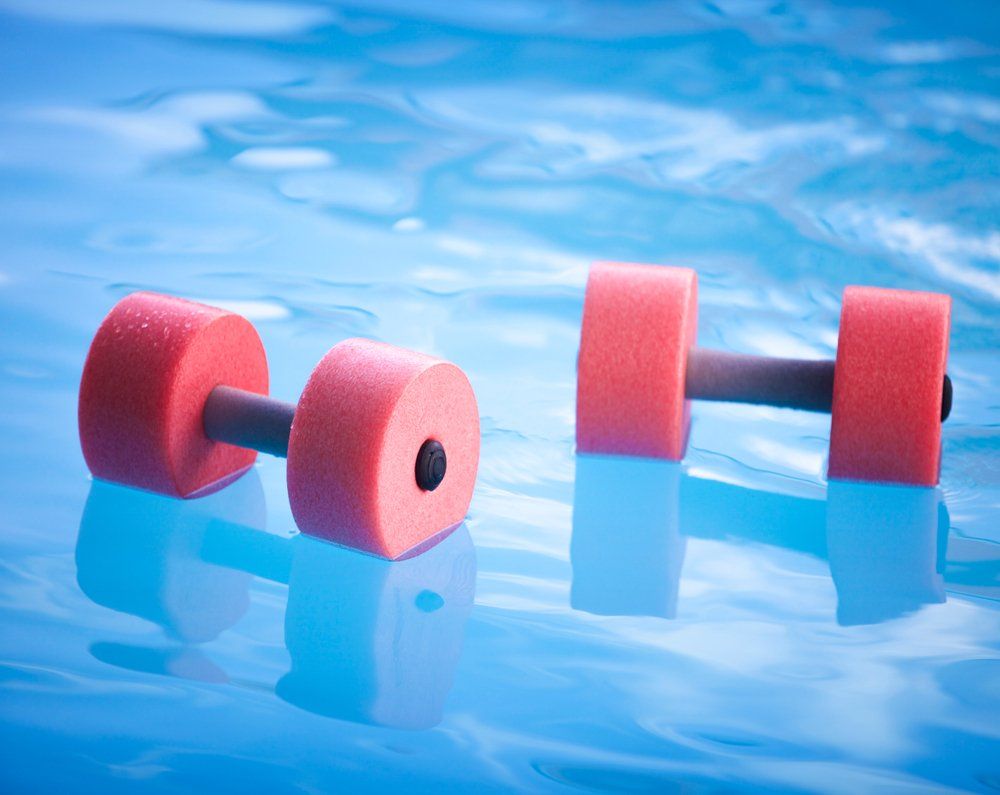Looking For Aquatic Physiotherapy in Bundaberg?
Rehabilitation In Water
Aquatic physiotherapy is a form of physiotherapy carried out in water. It can be an effective treatment for a wide range of conditions, including musculoskeletal injuries, arthritis and neurological disorders.
Undertaking aquatic physiotherapy can help to reduce pain, improve mobility and increase strength; it can also help to relax muscles and improve flexibility. It's often used as part of a rehabilitation program following an injury or surgery.
At our centre in Bundaberg, we have a team of qualified physiotherapists who are trained in using aquatic physiotherapy to benefit patients. We offer individual sessions so that we can tailor the treatment to your specific needs.
If you're interested in finding out more about our aquatic physiotherapy services, please don't hesitate to get in touch with our team at Bourbong Street Physiotherapy Centre.
How Aquatic Physiotherapy Can Help Musculoskeletal Injuries
Aquatic physiotherapy can be an effective treatment for a wide range of musculoskeletal injuries, including sprains, strains and fractures. The water provides support and buoyancy, which helps to offload weight from the injured area and reduce pain.
The warmth of the water can also help to relax muscles and improve blood flow to the injured area, which can speed up the healing process. Exercise in water is often easier and less painful than exercise on land, which also means you're more likely to stick to a rehabilitation program.
Aquatic Physiotherapy & Arthritis
Aquatic physiotherapy can be used to treat conditions such as arthritis and fibromyalgia. The warmth of the water can help to reduce pain and stiffness, while the water's resistance can help to strengthen muscles and improve joint mobility. For those suffering with joint pain, aquatic physiotherapy can be a particularly effective form of exercise, as the water provides support and takes pressure off the joints. Regular exercise can be an important part of managing arthritis; aquatic physiotherapy makes this process a little easier and less painful.
Aquatic Physiotherapy As a Holistic Approach to Recovery
Aquatic physiotherapy can be used as part of a holistic approach to recovery from an injury or surgery. It not only helps to improve physical fitness; it can also have a positive impact on your mental health.
The comforting effects of the water can help to relax and de-stress patients; this can aid the healing process and improve your overall sense of wellbeing. If you're struggling to motivate yourself to exercise on land, aquatic physiotherapy could provide the motivation you need to get moving and start your rehabilitation program.
Frequently Asked Questions
-
Is there a difference between aquatic physiotherapy and hydrotherapy?
Aquatic physiotherapy and hydrotherapy are often used interchangeably, but there is a slight difference between the two. Aquatic physiotherapy is a form of physiotherapy that uses water primarily as a medium for rehabilitation. Hydrotherapy also uses water, but it focusses more on the exercise aspect.
-
Is aquatic physiotherapy safe?
Aquatic physiotherapy is a safe and effective form of treatment, but as with any type of exercise, there are some risks involved, particularly if you have a pre-existing medical condition. It's important to speak to your physiotherapist who will be able to advise you on whether aquatic physiotherapy is right for you.
-
Can aquatic physiotherapy be helpful for sports injuries?
Yes, aquatic physiotherapy can be helpful for sports injuries, including strains, sprains and fractures. The water can help to support and protect the injured area while you exercise and speed up the healing process. Aquatic physiotherapy can also be used as part of your rehabilitation following surgery.
-
Can children benefit from aquatic physiotherapy?
Yes, aquatic physiotherapy can be a fun and enjoyable alternative for children to get moving and exercise, particularly if they are restricted by a physical disability. Water provides a unique environment that can help facilitate movement, while also providing support and resistance. This can be especially beneficial for children who have difficulty with weight-bearing activities or who are working on improving their motor skills.

Slide title
Write your caption hereButton
Site Links
Services
Operating Hours
- Monday
- -
- Tuesday
- -
- Wednesday
- -
- Thursday
- -
- Friday
- -
- Saturday
- Closed
- Sunday
- Closed
Get in Touch
ABN: 95 065 920 854







